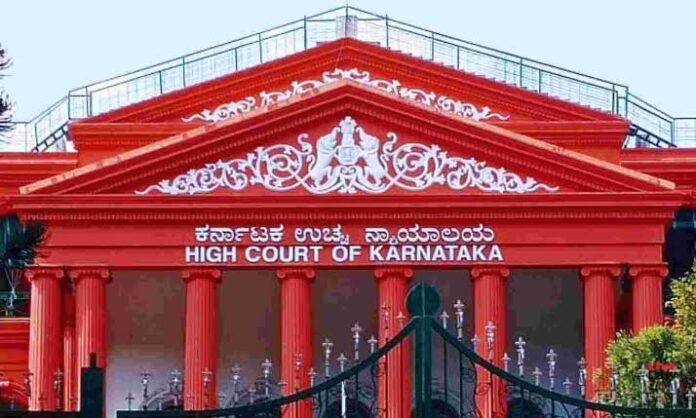The video conferencing provision by the Karnataka High Court during the Covid-19 crisis to speed up the process of trials in criminal cases by framing charges against accused individuals has helped sessions courts move several important cases towards a stage where a trial can commence.
Bypassing the need for physical presence of suspects during key legal junctures ahead of a trial, the video conferencing provision has moved cases like that of the murders of journalist Gauri Lankesh in 2017, the Lingayat researcher and writer M M Kalburgi in 2015, both allegedly by the Right-wing extremist group, including a 2005 terrorist attack on the Indian Institute of Science in Bengaluru by an alleged LeT sleeper cell.
In the Kalburgi murder and the IISc terror attack cases, the trial courts framed charges against suspects located in remote prisons through video conferencing in September this year. The charges will also be framed soon through video conferencing in the Gauri Lankesh murder case.
In the case of Kannada researcher and writer M M Kalburgi, who was murdered on 30 August 2015 in Dharwad by a group of six Hindutva extremists, accused of shooting the writer down (five of whom are also accused in the Gauri Lankesh murder case) charges were framed through video conferencing on September 7 by the district court in Dharwad.
For the murder and criminal conspiracy under the IPC and several sections of the Indian Arms Act of 1959, the charges were framed against alleged extremists Amol Kale Ganesh Miskin, Praveen Chatur, Vasudev Suryavanshi, Sharad Kalaskar, and Amit Baddi.
The accused men have been alleged of plotting and executed the murder of 77-year-old Kalburgi at his home doorstep as a part of the Right-wing extremist group’s strategy of killing people considered to be opponents of radical Hindutva ideas and thoughts.
However, this provision has also resulted in a few problems. Last month, after the framing of charges, Suryavanshi alias Mechanic, from Maharashtra, who had allegedly procured a motorcycle used in the murder, wrote a letter to the trials court saying he did not understand the charges tread out against him and five other accused in Kannada and Marathi languages.
The Dharwad trial observed last month that the accused claimed to have “understood the contents read over to them” and pleaded “not guilty” and sought a trial.
On September 28, the district court pointed out that the accused Suryavanshi had addressed a letter to the court where he stated “he could not make out the charge as he knows only Hindi language”.
On September 7, the court also observed that while recording the charges, it “explained to all the accused persons that, charge will be read over in the language known to them i.e. in English, Hindi as well as Marathi”. Therefore, an advocate who knew Marathi had read out the charges. The court has now demanded for Suryavanshi to be produced to allow him to have his say.
A High Court June 2020 order issued to exceed hurdles posed by the Covid-19 pandemic allowed framing of charges through provision of video conferencing against the accused people in remote prisons in order to expedite the process of the commencement of the trial of a case.
(Inputs from The Indian Express)



